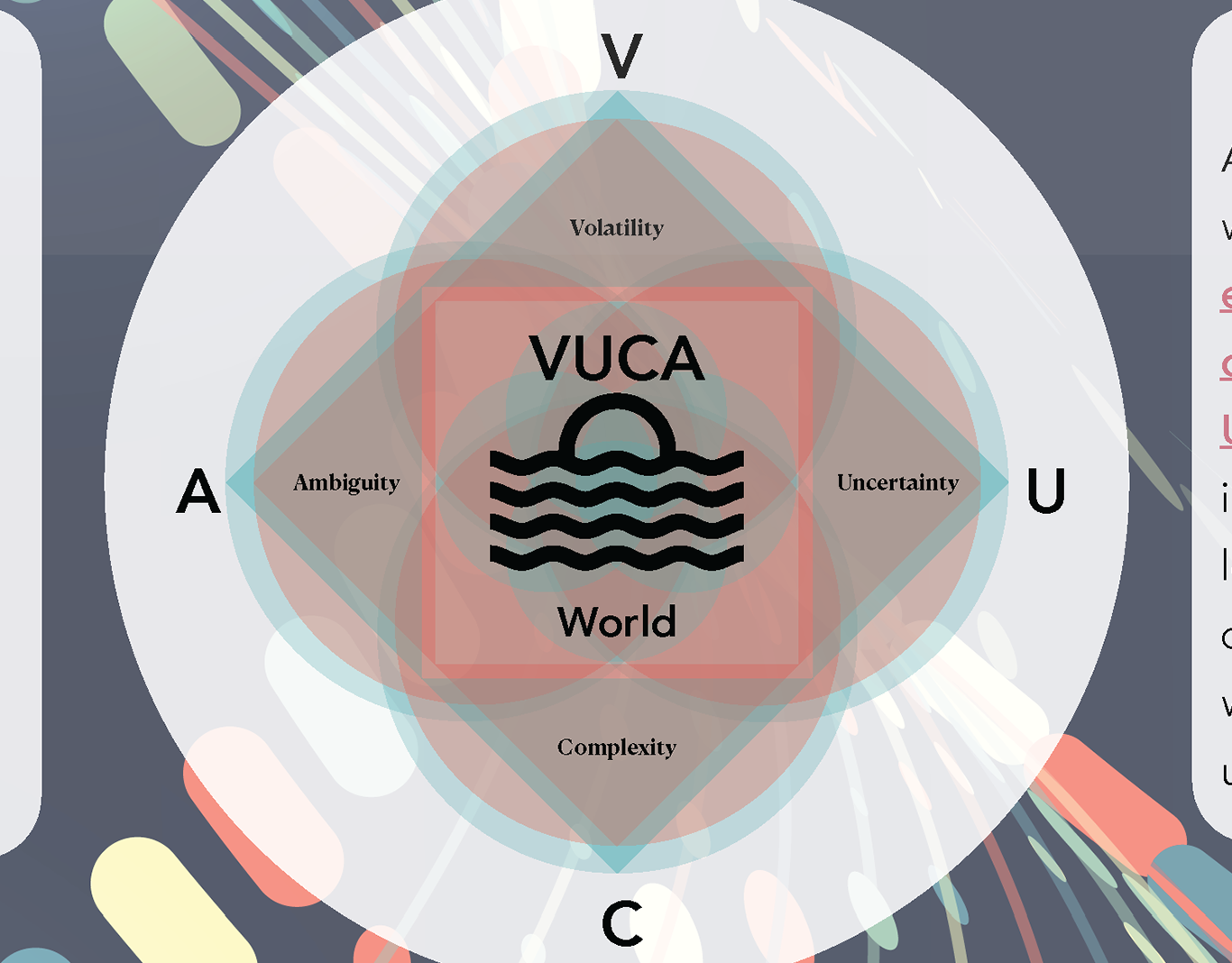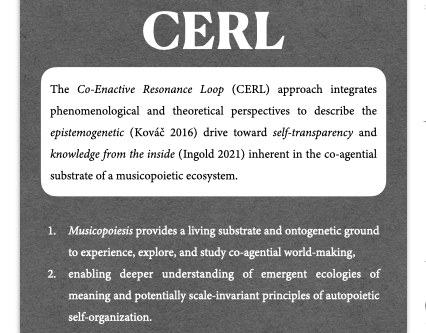Let's Jam!
Music Improvisation, Collective Decision-Making, and the Process of Attunement
Christophe Novak, University of Vienna & Ljubljana
Abstract
Music improvisation has been an integral part of human experience across cultures and provides a rich ground to explore creative collaboration (Veloso 2017), self-organisation (Schiavio 2018) and improvisational cognition (Sol 2021). In this line, this paper aims to integrate the current state of research on music improvisation, and enactivist conceptions of social cognition, with emphasis on autopoietic free improvisation (Mohammadi 2019). Moreover, the research and presented findings are based on a case study which investigated the lived experience and sense-making of a group of musicians with different musical backgrounds improvising together.
The case study was designed to explore collective music improvisation, identifying moments of interpersonal synchronisation and group flow. Particular attention was afforded to the process of attunement, tracing strategies of decision-making used by the group to lay down a common path in musicking. Deprived of the certain ground of established music traditions and guided by a shared intention to perform a ‘good’ improvisation, how is music utilised to establish ‘meaningful’ communication? What can we learn from music improvisation about the self-organising processes of social cognition and collective decision-making? What are the necessary conditions to enable a shared scaffolding to emerge? The study was conducted in the author’s music studio and followed a three-fold design, including three improvisation sets, micro-phenomenological individual interviews, and a group review session. All sets were recorded in audio and video and complemented by time stamps. Participants included a Sitar player trained in classical Indian music, a Balafon player trained in traditional Senegalese music, and a TaKeTiNa rhythm practitioner playing the Berimbao. The author conducted participant observation, playing drums.
Preliminary findings highlight the ability to create common ground, constituted by intra- and interpersonal attunement, as quintessential to transdisciplinary music improvisation, guiding decision-making. In their optimal equilibrium, these elements enable autopoietic musicking, i.e. musicopoiesis.
References
Mohammadi, A. (2019). Autopoietic Free Improvisation vs. Technototalitarian Regulation of Consciousness. The Polish Journal of Aesthetics, 54(3), 47–64. https://doi.org/10.19205/54.19.3
Sol, W. (2021). Sonic Mindfulness: A qualitative study of sense of agency and an improvisational state of mind in free form musical improvisation. California Institute of Integral Studies.
Veloso, A. L. (2017). Composing music, developing dialogues: An enactive perspective on children’s collaborative creativity. British Journal of Music Education, 34(3), 259–276. https://doi.org/10.1017/s0265051717000055
Poster
Video Recording



